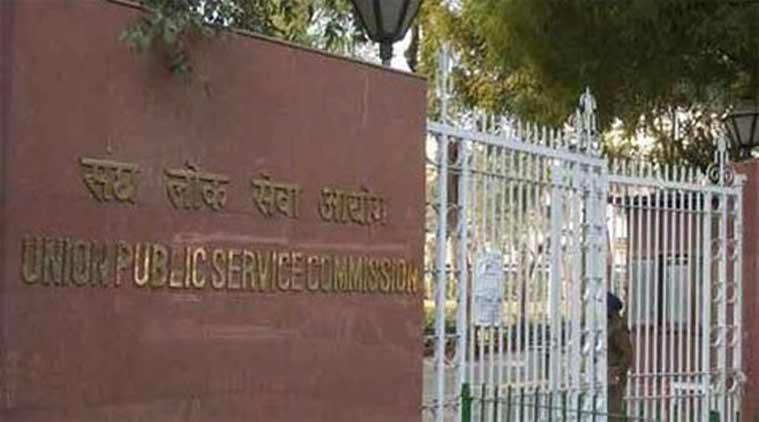 The panel, headed by the Cabinet Secretary, reposed more faith in the UPSC to make the appointments than take it upon itself, also because it has no recruitment rules as guidance.
The panel, headed by the Cabinet Secretary, reposed more faith in the UPSC to make the appointments than take it upon itself, also because it has no recruitment rules as guidance.
Lateral entry into bureaucracy is not going to be easy — or soon.
In order to limit scope for political intervention, the Search-cum-Selection Committee on July 23 decided that the appointment process should be handled by the Union Public Service Commission (UPSC), that follows a rigorous system of recruiting bureaucrats through written examinations and personal interviews.
The panel, headed by the Cabinet Secretary, reposed more faith in the UPSC to make the appointments than take it upon itself, also because it has no recruitment rules as guidance.
“No prior consultancy was done with any of the 10 ministries on how to go about the selection process. Therefore, the committee had no clue on how to select the bureaucrats,” said an official who attended the July 23 meeting.
Also missing is the assessment criteria for screening individual applications, as these are likely to be varied. The panel was therefore in two minds: either to hand over the shortlisting of candidates to the UPSC too or to let each ministry prune the applications for the UPSC’s selection procedure.
In case the Prime Minister decides to hand over the shortlisting to the concerned ministry, said sources, one option would be to hand over the applications to a team of sectoral experts for screening. Those shortlisted would then be scrutinised by a panel of government representatives.
“Contrary to the UPSC’s present process of simply assessing a candidate’s personality and aptitude for public service through a rigorous interview, direct recruitment demands assessing a candidate’s domain knowledge and experience before assessing his motivation,” said sources. “This can only be done by sectoral experts.”
Opening the doors of the bureaucracy to private sector professionals, the NDA government had, on June 10, invited applications for 10 Joint Secretary-level posts through direct entry as opposed to UPSC examinations. The aim was to bring in “fresh ideas and new approaches” to governance and to augment the workforce.
On July 30 evening, when the deadline for applications closed, the Department of Personnel & Training had received just over 6,000 applications. Sources said that the low turnout could have been because the offer was for a limited three-five year tenure and contractual appointment.
The ‘lateral entry’ route will also bypass the UPSC system under which 15 per cent seats are reserved for Scheduled Castes, 7.5 per cent for Scheduled Tribes and 27 per cent for OBCs in the IAS.